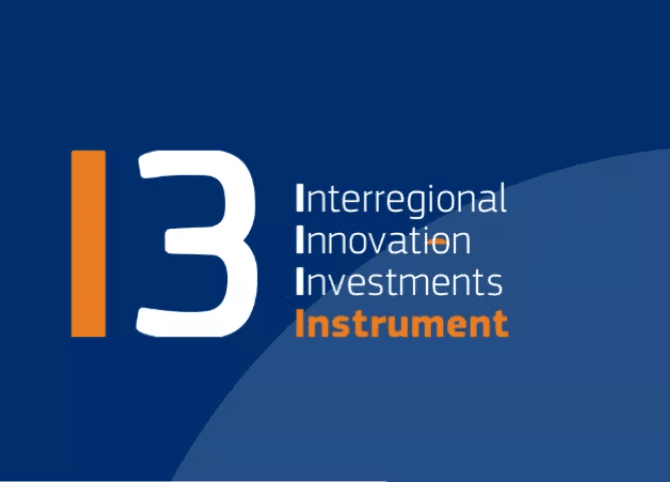
Support on the Ground
This page details the support on the ground offered by the European Commission to cities, regions and Member States, through the Pillars 1 to 5 of the Talent Booster Mechanism.
Testimonials - Talent Booster Mechanism Beneficiaries
During the second Harnessing Talent Platform High-Level Event in March 2025, titled "Talent Booster Mechanism in action: first results and ways forward", beneficiaries from different Talent Booster Mechanism (TBM) pillars spoke about the support received via the TBM and how it helps them to better harness talent and address the impact of demographic change.





